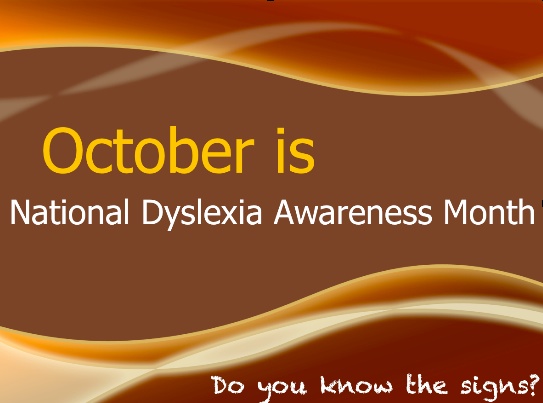Confronting ‘Learning Loss’
 As early as March 2020, just weeks into the pandemic, headlines warned of the “learning loss” students would experience as a result of disrupted and remote schooling.
As early as March 2020, just weeks into the pandemic, headlines warned of the “learning loss” students would experience as a result of disrupted and remote schooling.
But what do we mean when we say “learning loss”? Andrea Castellano, a 3rd-grade teacher at Brooklyn Landmark Elementary School in Brownsville, says there are a host of reasons the phrase miscategorizes the real issue.
“It erases what we’ve done for our kids to say they ‘lost’ learning,” she says. “Maybe they gained but didn’t make expected gains. Maybe they learned things not related to academic standards.”
Sounding the alarm over “learning loss” implies that teachers can or should be able to uniformly compensate for interrupted or missed learning, which isn’t logical or even possible.
“If a person missed meals for seven days, we would not feed that person 21 meals on day eight to catch up,” says Gerard Costa, the director for the Center of Autism and Early Childhood Mental Health at Montclair State University in New Jersey.
In the early weeks of the school year, students across the city took part in a series of literacy and numeracy screenings. These screenings can provide educators with important information about their students’ needs. But an authentic, holistic picture of students’ capabilities goes beyond diagnostic data.
“An assessment is a snapshot of what a student is able to do on that day under those circumstances,” says Castellano. “Maybe students can identify character traits in a book I’ve read in the classroom, but not on a screen when clicking multiple-choice buttons.”
Well-designed assessments don’t merely indicate whether students are performing below grade level. They also indicate what skills teachers can focus on to accelerate students’ learning.
“If a student is reading below grade level, I’m asking, ‘What is the data telling me? This student is struggling with context clues.’ So I can create resources to scaffold for that to build up their comprehension,” says Tina Macchio, an English teacher and a peer collaborative teacher at IS 141 in Astoria, Queens.
As teachers identify students’ areas of need, they can be intentional about addressing issues that will have the greatest impact on students’ learning. For instance, some early studies of how the pandemic affected students’ academic skills indicated that the gaps were most concerning in mathematics. Rather than trying to cover a year and a half of everything in the math curriculum — the equivalent of feeding students 21 meals in a single day — teachers can pinpoint the critical, foundational skills students need to move forward.
Fundamental literacy skills are equally important. Educators can also consider what kind of lessons will allow them to address literacy concerns across the curriculum.
Assessments that reveal fundamental gaps in learning can feel discouraging for students. Teachers can help by providing support that goes beyond academics and giving students’ self-confidence a boost.
Bolstering students’ social-emotional learning this school year — which the pandemic has also disrupted — is just as important as strengthening their academic skills.
“Children need to interact with other humans — they need to learn how to speak, engage, reflect and process. It’s extremely important for students to hone those skills because they carry them through life,” Riddick says. “Teachers did a wonderful job fostering learning through digital platforms, but the need for human interaction is the biggest loss COVID has caused.”
Excerpted from “Confronting ‘Learning Loss’” from the United Federation of Teachers’ blog, Learning Curve. Read the full post online.
Source: United Federation of Teachers | Confronting ‘Learning Loss, https://www.uft.org/news/teaching/learning-curve/confronting-learning-loss | Copyright © 1999 – 2022 United Federation of Teachers
If you have concerns about your child or teen, CHC Care Coordinators can arrange a free 30-minute consultation so you can explore options with an expert. We invite you to call or email us at 650.688.3625 or careteam@chconline.org to set up an initial Parent Consultation appointment. CHC teletherapy services are available now.





